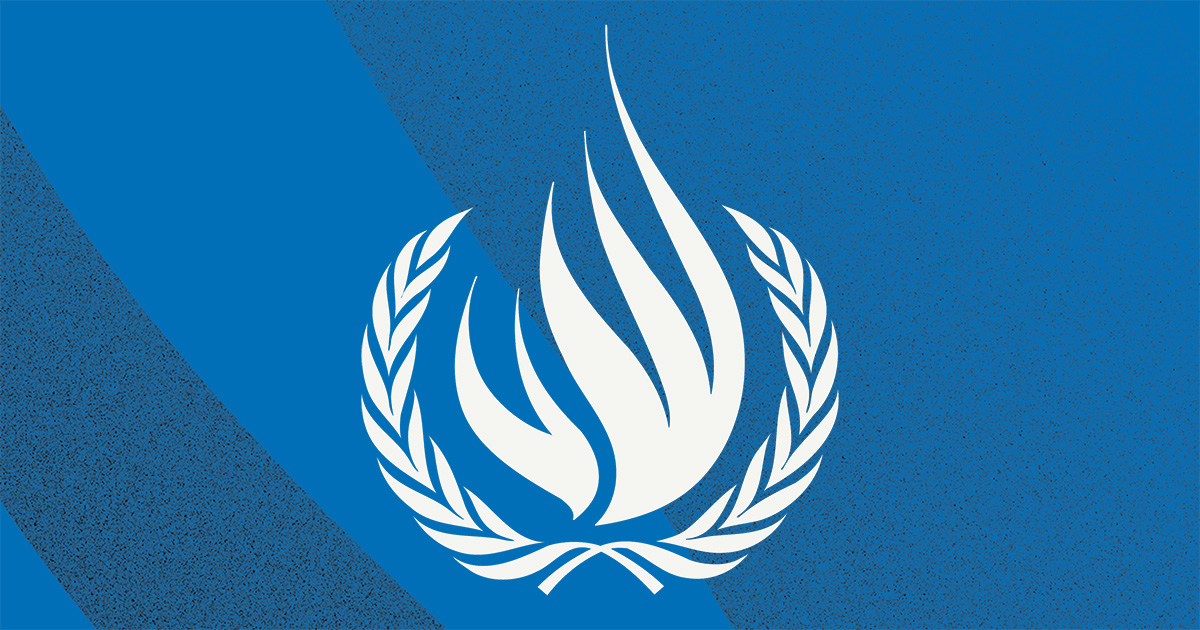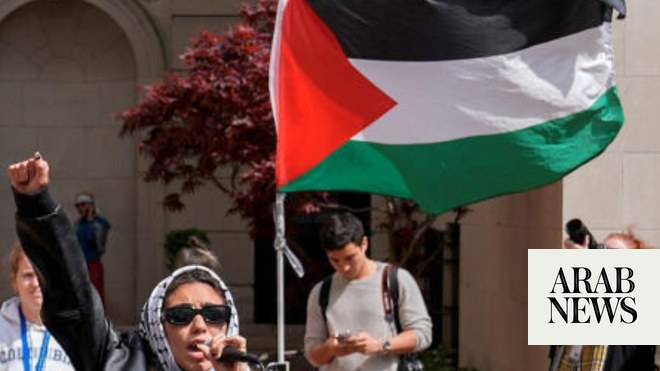
The new act has led to nationwide violent protests since its enactment in December
Indian government argues it is ‘constitutionally valid and upholds human rights values’
NEW DELHI: The UN’s human rights body on Tuesday filed an intervention plea with the Supreme Court of India against the country’s new citizenship legislation.
UN High Commissioner for Human Rights Michelle Bachelet asked the apex court to make the international body a party in a case against the controversial Citizenship Amendment Act (CAA), which the Supreme Court is currently hearing.
The high commissioner questioned “the differentiations drawn within the law” and whether “the exclusion of persons from the scope of the law, on the basis of their religion, is sufficiently objective and reasonable.”
The CAA, passed in December last year, seeks to grant fast-track citizenship to non-Muslim migrants from Pakistan, Bangladesh and Afghanistan who arrived in India on or before Dec. 31, 2014.
The law has led to nationwide protests and anxiety among the country’s Muslim community, whose members fear it may render them stateless.
The appeal for intervention comes in the wake of recent violence in Delhi that claimed the lives of 46 people, mostly Muslims. The mayhem broke out in the northeast of the city when Muslim protesters were attacked by a Hindu mob on Feb. 23.
In response to the high commissioner’s plea, Prime Minister Narendra Modi’s government said the CAA is an “internal matter and concerns the sovereign right of the Indian parliament to make laws.”
The Foreign Ministry said: “We strongly believe no foreign party has any locus standi on issues pertaining to India’s sovereignty,” adding that the new citizenship law is “constitutionally valid and consistent with our constitutional values and upholds human rights values.”
The ministry said: “It is reflective of our long-standing national commitment in respect of human rights issues arising from the tragedy of the partition of India (in 1947).”
Wajid Ali Alvi, who lost his house during the recent waves of violence, lauded the international body’s attempt to intervene.
“The Indian government considers Muslim pariahs. We have never felt so scared of the elected government as we feel now. The world community needs to put pressure on Delhi so that Muslims in India remain safe,” he told Arab News.
Dr. Hilal Ahmad, a researcher at the Centre for the Study of Developing Societies, said the intervention is “morally justifiable,” but expressed doubts that it would have an impact on the Indian government.
“The CAA has affected the global image of India as a secular country. It is obvious for the high commissioner to take notice of this emerging global public concern about the fate of religious minorities, especially of Muslims in India,” Ahmad said, adding: “It is highly unlikely that the Modi government would care about the world’s opinion.”
According to New Delhi-based strategic affairs expert Bharat Karnard, the recent developments are becoming a “public relations disaster for the prime minister, simply because his slogan ‘together with all and development for all’ has gone astray.”












